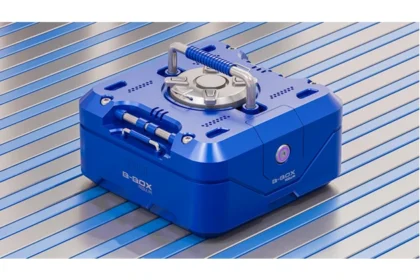Secured information processing is crucial in avoiding unauthorized access to sensitive information. Sensitive Compartmented Information is one such kind of information that needs to be protected by intelligence sources. However, not everyone can get access to this information as it requires specialized situations to unlock them. Discover more about the necessary conditions that grant access to sensitive compartmented information.
What is Sensitive Compartmented Information?
Sensitive Compartmented Information (SCI) refers to information concerning intelligence sources, techniques, and information about sensitive collection systems, targeting, and analytical processing. Information derived from intelligence sources is also considered SCI. This is a United States classified information type and requires formal access control as established by the Director of National Intelligence.
This signifies the necessity of situations in which this information can be accessed with proper formal approval. Let us learn what conditions are necessary to be granted access to sensitive compartmented information.
Conditions for Accessing SCI
SCIs are stored and used only in a Sensitive Compartmented Information Facility (SCIF) and involve specific construction requirements. This information is not accredited like the information of Controlled Areas and requires the coordination of the Special Security Officer. Such high-security information’s accessibility is conditioned and can only be accessed if the conditions satisfy the accessibility. Below are the required conditions to access SCI-
Condition 1: Need-to-Know
Access permission to sensitive information is only granted on a need-to-know basis. The ‘need-to-know principle’ limits access to sensitive data and allows access in case of legitimate needs. In terms of governmental and military needs, access to sensitive compartmented information is granted under this principle.
Condition 2: Individual granted Top Security Clearance
‘Top Security Clearance’ in the United States is the most restrictive clearance granted to individuals seeking access to sensitive information with potential threats to national security. This approval is followed by a Single Scope Background Investigation of 10 years. Accessing SCI also requires top security clearance for people associated with counterterrorism data-related projects or other highly sensitive information.
Condition 3: Accessibility approved by the Department of Commerce’s Intelligence Community
The Office of Intelligence and Security is responsible for the mobilization of the U.S. Department of Commerce’s intelligence, security, and risk management offices. In order to protect the US economy, the intelligence community granting agency under the Office of Intelligence and Security checks security parameters. With the approval of this department, SCIs can be accessed by individuals seeking such information to protect the economy.
Condition 4: Completion of a separate Non-disclosure Agreement
The non-disclosure agreement is designed to prevent confidential information sharing. IC form 4414 refers to the non-disclosure agreement that restricts the sharing of sensitive compartmented information. Through this form, individuals are required to share some confidential details to get approval for accessing the SCIs.
These four conditions are the answer to the question, ‘What conditions are necessary to be granted access to sensitive compartmented information?’ Fulfillment of these conditions allows people to get access to SCIs required to protect the US economy and national security. Disclosure of such information is punishable and should not be done by putting the country’s security in danger.










